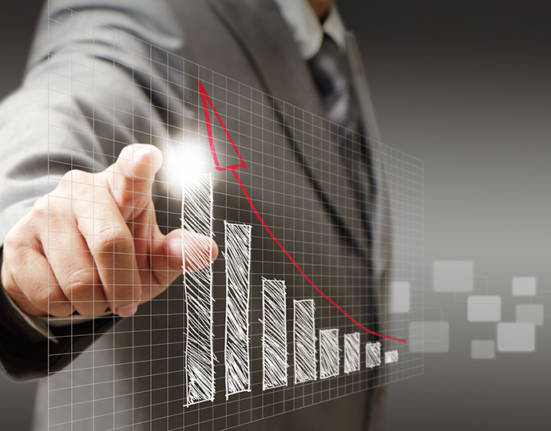The concept of the digital economy refers to the economic activities that are driven by digital technologies, including the internet, mobile devices, and digital platforms. It encompasses various online transactions, digital content creation, e-commerce, and the overall digitalization of traditional business models. Here’s an explanation of the concept with real-life examples:
Definition of the Digital Economy:
- The digital economy refers to the economic activities that are conducted through digital channels and technologies.
- It involves the production, distribution, and consumption of goods and services facilitated by digital platforms.
Examples of the Digital Economy:
- E-commerce: Online marketplaces like Amazon and Alibaba have revolutionized retail by allowing consumers to purchase products online and have them delivered to their doorstep.
- Digital Content Creation: Platforms like YouTube, Netflix, and Spotify enable content creators to reach a global audience with their videos, movies, and music.
- Freelancing and Gig Economy: Websites such as Upwork and Fiverr connect freelancers with clients from around the world, providing opportunities for remote work and project-based collaborations.
- Sharing Economy: Companies like Uber and Airbnb leverage digital platforms to facilitate peer-to-peer sharing of resources such as transportation and accommodation.
- Online Advertising: Digital advertising platforms like Google Ads and Facebook Ads allow businesses to target specific audiences and track the effectiveness of their campaigns.
 Impact of the Digital Economy:
Impact of the Digital Economy:
-
- Increased Efficiency: Digital technologies enable faster and more efficient business operations, reducing costs and improving productivity.
- Global Reach: The digital economy transcends geographical boundaries, allowing businesses to reach customers worldwide.
- Disruption of Traditional Industries: Traditional industries, such as publishing and music, have been disrupted by digital platforms that offer new distribution models and consumer experiences.
- Job Creation and Transformation: The digital economy has created new job opportunities in areas like digital marketing, software development, and data analysis.
- Consumer Empowerment: Consumers have access to a wider range of products, services, and information, enabling informed purchasing decisions and personalized experiences.
Challenges and Considerations:
-
- Digital Divide: Not all individuals have equal access to digital technologies, creating inequalities in participation and economic opportunities.
- Privacy and Security: The digital economy raises concerns about data privacy, cybersecurity, and the responsible use of personal information.
- Regulatory Frameworks: Governments need to adapt regulations and policies to address the unique challenges posed by the digital economy while ensuring fair competition and consumer protection.
The concept of the digital economy continues to evolve as technology advances and new digital platforms emerge. It has transformed the way businesses operate, consumers engage, and economies grow, shaping the modern business landscape in profound ways.















Leave feedback about this